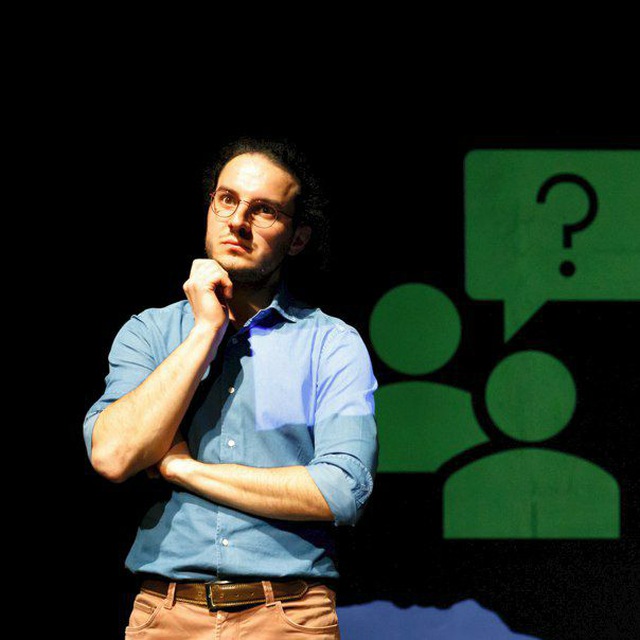DESCRIPTION
Deep Neural Networks (DNNs) are increasingly pervasive into society, especially in decision-making, in applications involving humans or in high-stake applications. This prompts the need for transparency, which is one of the cornerstones of the EU guidelines for Trustworthy AI. For DNNs, it is often unfeasible to attain human-understandable interpretations of the predictive dynamics, hence approximate post-hoc explanations are used instead. These range from feature importance, to generating counterfactual data, and identifying important concepts and training data points. The approximate nature of these tools, though, raises critical questions concerning the quality of the explanations: are these explanations really faithful to the models inner dynamics? How sensitive are they to variations in input or model? Are they really interpretable to humans? Normally, due to the absence in explanation ground truths, many works applying Explainable AI (XAI) tools either fail to evaluate their quality, or rely on anecdotal evaluations, e.g., with user studies, which often results in poor evaluations due to subjectivity or difficulty in defining what constitutes a “valid explanation” for a given task.
This tutorial aims at exploring the recent developments in the topic of quantitative assessment of XAI tools. The first part will be dedicated to introducing the main concepts and methods for XAI applied to DNNs. Next, the axes of evaluation of explanations will be described. Finally, the main metrics and experimental settings for a sound evaluation of XAI tools will be illustrated, providing insights into what constitutes a “good metric” for evaluating explanations. The tutorial will conclude with an outlook on recent trends in the field.
DETAILS
Course type: Tutorial
Duration: 4 hours
Institution of lecturer: University of Groningen
LECTURER
Dr. Marco Zullich
 Short CV: Marco Zullich is a lecturer at the Department of AI of the University of Groningen in the Netherlands, where he has been working since February 2023. He coordinates the courses in Trustworthy & Explainable AI, Unsupervised Deep Learning, and Object-Oriented Programming, and is a guest lecturer in several other AI-themed courses. In addition, he was a lecturer at the “Uncertainty Estimation in Machine Learning” AIDA course held in early 2024. Marco obtained his PhD in Information Engineering at the University of Trieste in 2023, with a thesis investigating experimental and practical implications of neural network pruning and model compression. His main area of research is Explainable AI (XAI), and specifically the assessment of XAI tools, with a broader interest in Responsible and Trustworthy AI, continuing his his PhD investigation on model compression as a way to achieve more sustainable AI models.
Short CV: Marco Zullich is a lecturer at the Department of AI of the University of Groningen in the Netherlands, where he has been working since February 2023. He coordinates the courses in Trustworthy & Explainable AI, Unsupervised Deep Learning, and Object-Oriented Programming, and is a guest lecturer in several other AI-themed courses. In addition, he was a lecturer at the “Uncertainty Estimation in Machine Learning” AIDA course held in early 2024. Marco obtained his PhD in Information Engineering at the University of Trieste in 2023, with a thesis investigating experimental and practical implications of neural network pruning and model compression. His main area of research is Explainable AI (XAI), and specifically the assessment of XAI tools, with a broader interest in Responsible and Trustworthy AI, continuing his his PhD investigation on model compression as a way to achieve more sustainable AI models.
